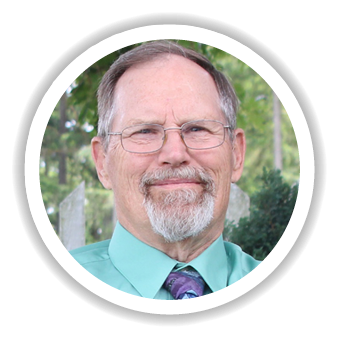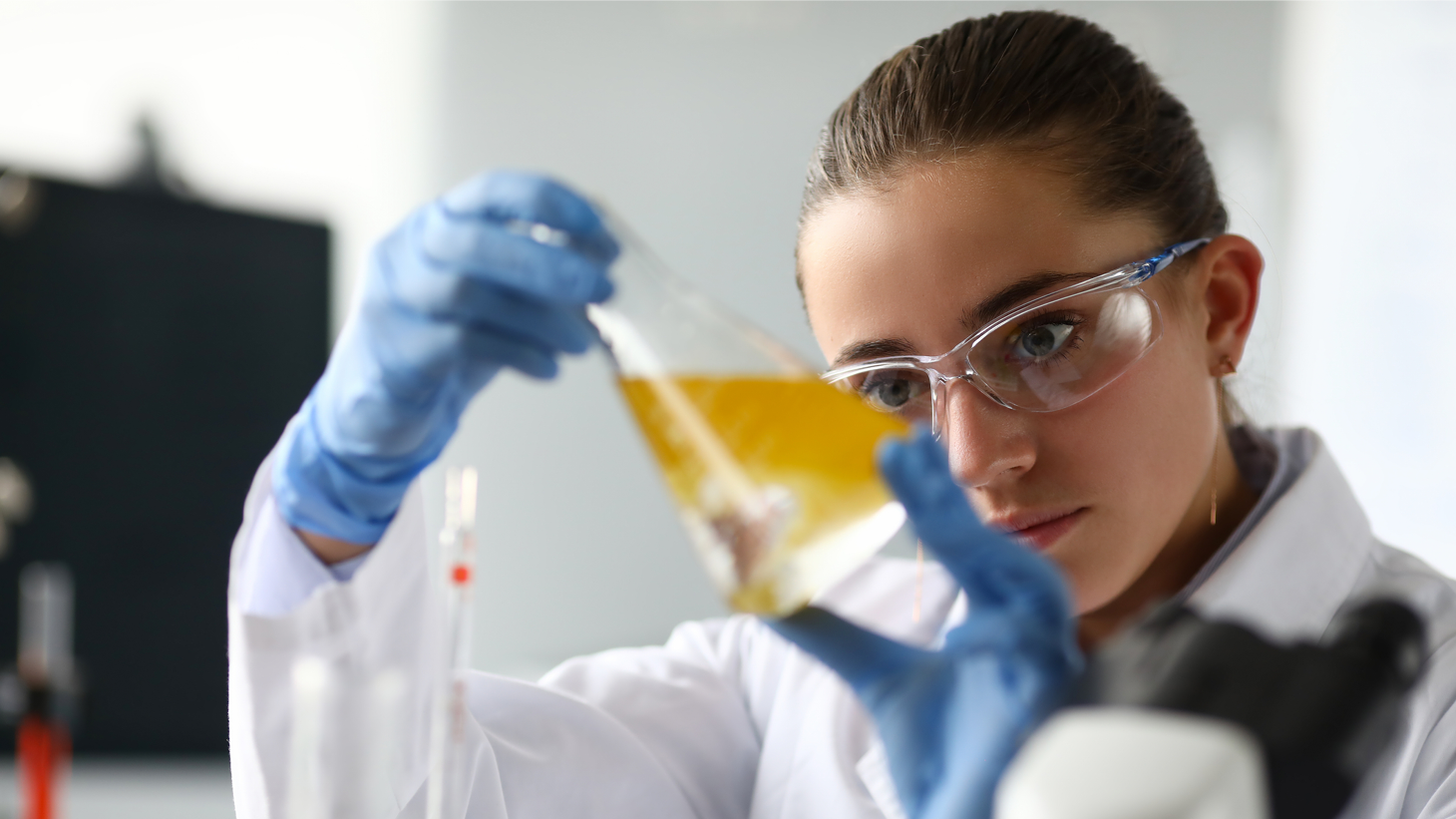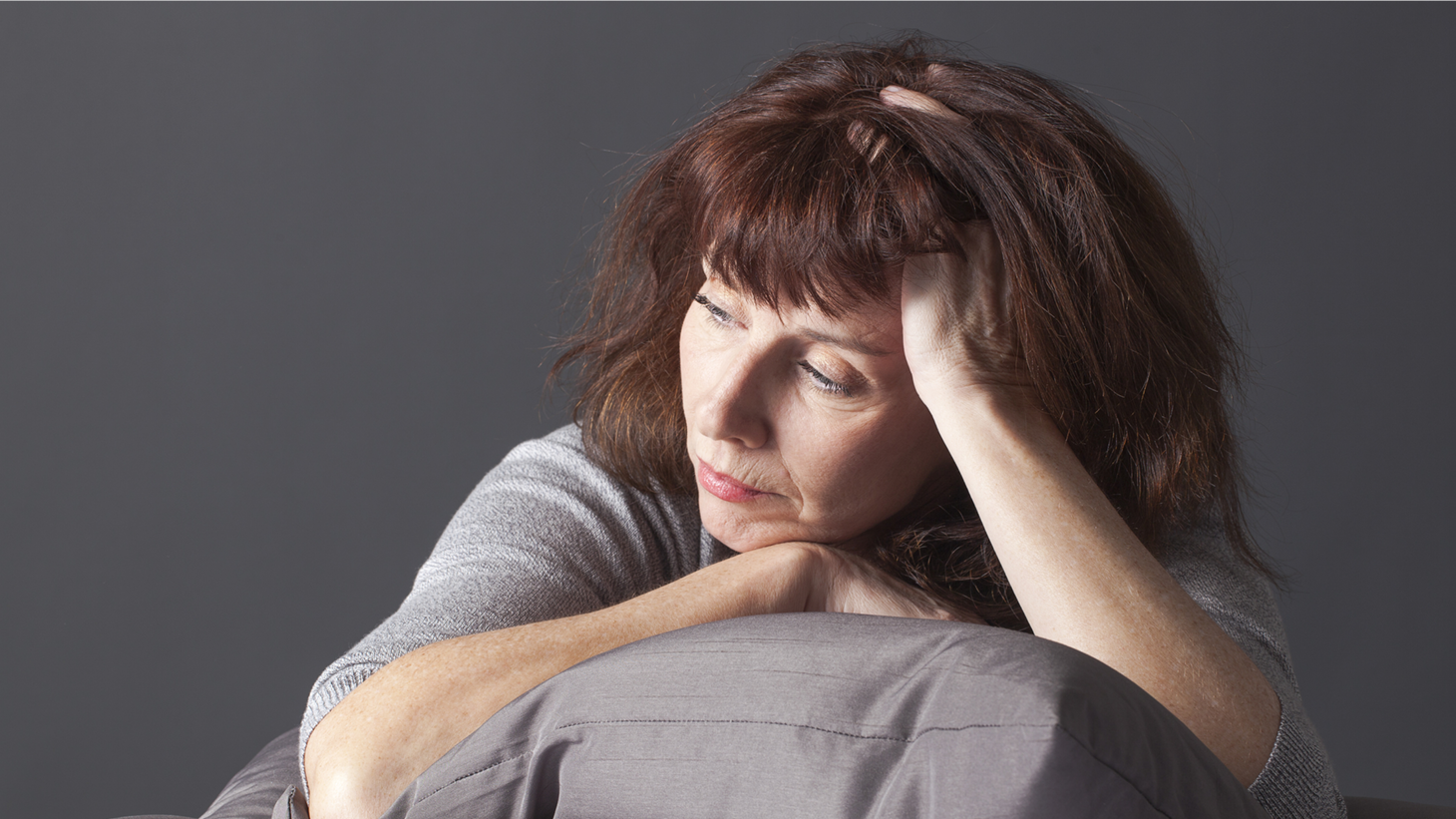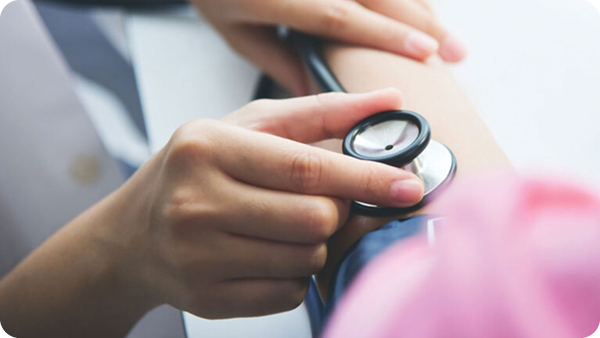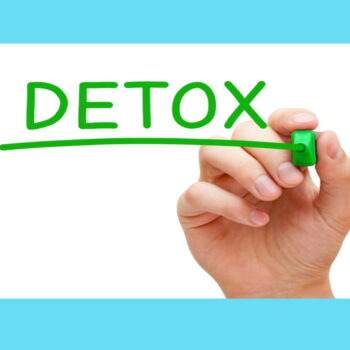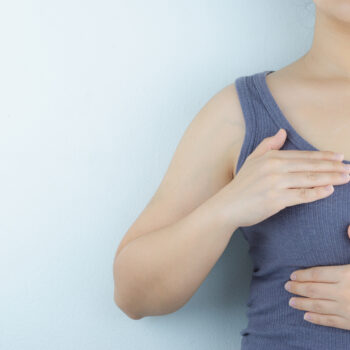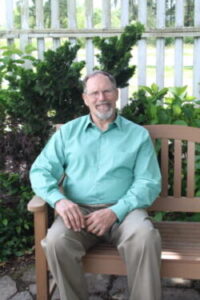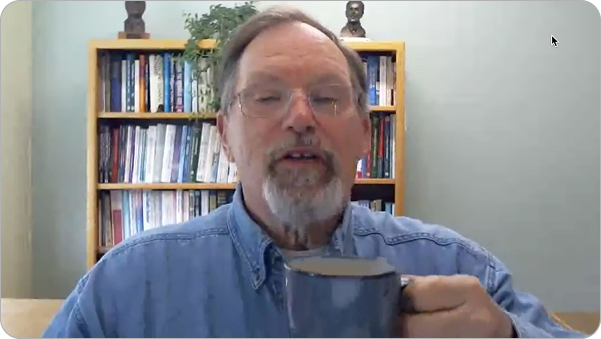Clinical Biochemist as a Health Coach– A Definition
Clinical Biochemistry is the division of laboratory science that deals with the measurement of chemicals (both natural and unnatural) in blood, urine and other body fluids. These test results are useful for measuring nutritional and lifestyle status for optimizing wellness.
A biochemical health coach may use tags such as:
- Nutrition
- Supplements
- Hormone imbalances
- Metabolic disorders
- Digestive health
- Detoxification
- Lifestyle changes
- Blood sugar regulation
- Allergies and intolerances
- Genetic testing
- Functional medicine
- Mind-body medicine
- Personalized health plans
- Exercise and physical activity
- Stress management
- Sleep hygiene
- Environmental toxins
- Chronic illness management
- weight management

Clinical Biochemists are doctorate level scientists, not medical doctors, with specialized post-training in laboratory testing. All hold certification from a national or international certification associations. Ongoing professional competence is ensured through continuing education offered by the International and American Academy of Clinical Nutrition.
Clinical Biochemists ensure that consistent high quality, accurate and precise biochemical test results are provided so that high quality advice can be provided to the client. Clinical Biochemists lead the development and implementation of laboratory quality management systems using recursive biochemical testing to measure progress and establish wellness programs for individual clients. No two clients are the same.
Furthermore
When acting as a biochemical health coach they can provide a variety of functions to clients, including:
- Assessing clients’ biochemistry through lab testing, such as blood work or hormone panels.
- Creating personalized nutrition and supplement plans based on clients’ biochemistry and health goals.
- Coaching clients on how to make lifestyle changes, such as stress management, sleep optimization, and exercise recommendations.
- Identifying and addressing underlying causes of chronic health conditions, such as hormonal imbalances or nutrient deficiencies.
- Guiding clients through detoxification and gut health protocols.
- Monitoring clients’ progress and adjusting plans as needed to ensure they are on track to reach their goals.
- Providing clients with education on the latest research and developments in the field of biochemical health.
- Offering support, accountability and motivation to clients to help them stay on track and reach their goals.
- Referring to an appropriate health provider if the client’s situation warrants.
It’s important to note that a biochemical health coach is not a medical doctor and should not be used as a substitute for medical care, but rather as a complement to it.

The primary responsibilities of a Clinical Biochemist include:
Interpretation of patient laboratory tests for screening, management and monitoring of health and physiological processes.
Development of interpretive guides for other professionals using the laboratory service, through the selection and validation of reference intervals, interpretive comments and critical values is also recognized as their field of expertise.
In consultation with clinical colleagues, development, implementation and monitoring of testing algorithms, appropriate testing turnaround times, practice guidelines and care pathways are developed.
Clinical biochemists also provide oversight and guidance for point-of-care testing programs both in hospital and community settings.
Selection of test methods and instrumentation.
Assessment of the scientific and medical value of new tests, evaluation of the ongoing value of existing tests, is necessary in order to optimize client care and the use of health care resources. When a careful 7 day diet analysis is coupled with subsequent lab tests, evaluation of digestion and absorption can be made. Dietary habits along with signs and symptoms are weighed along with lab data using a Quadratic Discriminatory Analysis program. Without diet and supplement input, lab data has little value in making necessary recommendations or changes to fit the individual’s specific wellness needs. Most often, clinicians wrongfully tell patients to “stop supplementation before testing” to study pathology. We encourage patients to continue their healthy diet and supplementation to measure the ongoing benefits in real time. Health profiles require diet along with supplementation into and not out of the equation.
Teaching and research.
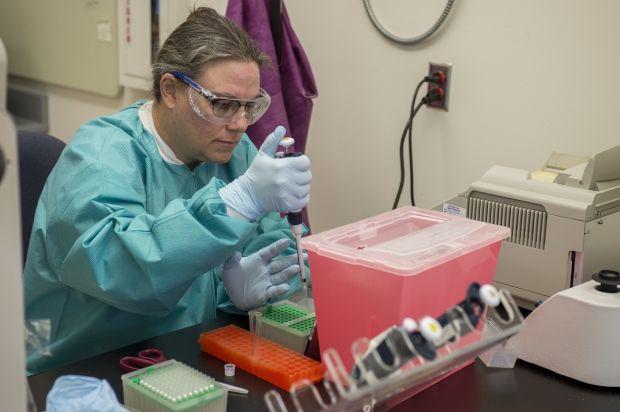
Clinical Biochemists work in a variety of settings, including clinics and reference laboratories and in industry. The Clinical Biochemist interacts with many other professionals, including physicians, nurses, technologists, administrators, government officials, students (medical and technical), and business personnel. The daily variety makes Clinical Biochemistry a stimulating, challenging and enjoyable profession.
As a licensed and malpractice-insured practicing physician I have kept up with nutritional clinical research (patients not animals to test treatments) and application of nutrition for the ancillary treatment of disease and development of personalized nutritional programs for prevention for my patients since 1977. After seeing many referred patients I have learned five things:
- We all have different genetics that are being expressed by our choices – “epigenomics.”
- We have made some wise and some not-so-wise choices that have led us to the state of health we now have.
- When symptoms (fatigue, headaches, viral infections, altered digestion, etc.) or changes in our signs (high blood pressure, cholesterol ratios, blood sugar dysregulation, weight gain, etc.) occur, it is
- The body speaking to us the only way the body can to warn us that something needs to be changed.
- The changes necessary for our wellness are not due to drug deficiencies but biochemical, lifestyle and nutrient needs not being met!
If you choose to take better control of your health you might consider having a consultation with Dr. Brouse to see if your specific needs can be helped through his service. Contact Julie at 503.631.4184 for more information.
